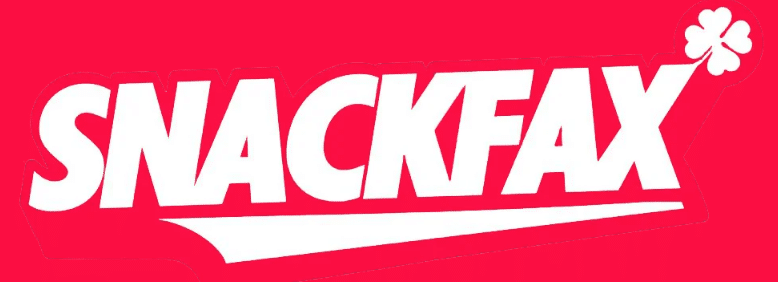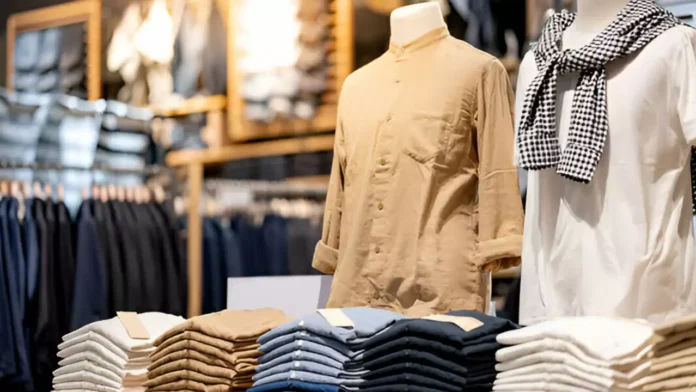Apparel exporters body AEPC, on Wednesday, called for essential tax incentives, emphasizing uniformity in GST and enhanced interest subsidies to invigorate domestic manufacturing and fortify India’s outbound shipments. AEPC, representing the Apparel Export Promotion Council, specifically urged for tax concessions targeting apparel manufacturers embracing Environmental, Social, and Corporate Governance (ESG) standards and complying with international quality norms. Additionally, the council pressed for budgetary support to amplify branding and marketing initiatives for products made in India, leading up to the upcoming Budget presentation scheduled for February 1.
The council said that interest equalisation rates were revised downward from 3 to 2 per cent for non-MSME (Micro, Small and Medium Enterprises) manufacturer exporters under the interest equalisation scheme on pre-and post-shipment export credit.
“High cost of capital has been a major bottleneck for the exporting community. AEPC has requested the government to increase the rates under the scheme to 5 per cent for all the apparel exporters,” it said, adding it will increase the apparel industry’s competitiveness in the international market and enable them to avail necessary working capital.
Continue Exploring: India’s apparel exports on the rise: CMAI forecasts 10-15% YoY growth in UAE market
Regarding the Goods and Services tax (GST), it said that a uniform tax of 5 per cent only should be levied across the entire MMF (Man-Made Fibre) value chain (fibre, yarn and fabric).
Currently, the MMF GST rate on fibre is 18 per cent, yarn 12 per cent, and fabric 5 per cent, resulting in unutilised input credit and consequent liquidity issues for MSME units, the council added.
Further, it suggested the government include trimmings and embellishments under Import of Goods at Concessional Rates (IGCR) duty rules.
The operations involved in the garment export trade essentially require various kinds of quality trimmings and embellishments (tags, labels, stickers, belts, buttons, linings, inter-linings, etc.) to ensure the desired functionality and aesthetics of garments in the global market.
In order to maintain their brand image, foreign buyers insist on maintaining consistency and quality and avoiding the use of counterfeits. Any deviation in the specification and quality results in the rejection of the shipment, it said.
“Indian apparel exporters are constrained to use only those trimmings and embellishments, which are pre-approved by the buyer and these are mostly required to be sourced from overseas suppliers nominated by the garment buyers,” the council argued.
As of now, certain trims and embellishment items are not entitled to duty exemption, it said.
“AEPC has submitted a list of items currently not permitted, such as draw cord, elastic band/tape, metal tab/stopper/clip, velcro tape, leather badge, and D-ring, and has requested these items be included in the list for eligibility for duty exemption,” the AEPC said in a statement.
It has also urged that minimum wastage at the rate of 10 per cent should be allowed under the IGCR rules for the import of trimmings and accessories by issuing an appropriate notification.
This will help apparel exporters submit their utilisation details on time and get the bond executed at the customs release.
“We will look forward to the response of the government on the suggestions made by AEPC, which have been made after wider industry consultations,” Mithileshwar Thakur, Secretary General, AEPC, said.


